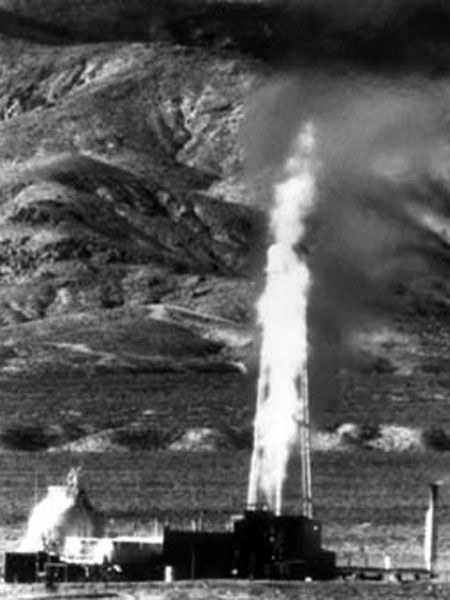


It can give you a ton of propulsion, a ton of thrust. Russia has flown fission power systems in space a number of times in the 20th century and it on paper solves a couple of problems theoretically. Late last year the US government issued a new space policy directive to advance Nasa’s nuclear developments.Īmanda Solloway, the UK’s science minister, said nuclear power “presents transformative possibilities for space exploration”, and could help to create jobs. It was programmed during at NASA in the 1960s, early 70s before it was canceled. The US has undertaken several nuclear space programmes in recent decades. US scientists first tested nuclear spacecraft technology in the Nevada desert in the 1950s and 1960s before the programme was cancelled in 1971. A nuclear thermal rocket could cut the transit time in half, maybe even to 100 days, which means fewer resources consumed by the astronauts, and a lower radiation load. The company hopes to build several small modular nuclear reactors on land too, to help meet the UK’s expected growth in demand for electricity.ĭave Gordon, the head of Rolls-Royce’s defence division, said the UK’s “pioneering project” into nuclear space propulsion could make use of “a real niche UK capability” by building on Britain’s existing nuclear industry and supply chain.īritain’s plan to build atomic spacecraft will not be the first. Rolls-Royce has provided the nuclear propulsion technology used to power the Royal Navy’s submarine fleet for 60 years. NASA scientists will explore the rocky, red terrain of Mars this week looking for signs of lifethanks to nuclear technology. The government hopes nuclear technology could transform space travel by providing plentiful energy to power the spacecraft as they travel further from the sun and are unable to make use of solar energy. “This study will help us understand the exciting potential of atomic-powered spacecraft, and whether this nascent technology could help us travel further and faster through space than ever before,” he said. The partnership between Rolls-Royce and the UK Space Agency will bring together planetary scientists to explore how nuclear energy could be used to “revolutionise space travel”, according to the government.ĭr Graham Turnock, the chief executive of the UK Space Agency, said using nuclear power in space was “a gamechanging concept that could unlock future deep-space missions that take us to Mars and beyond”.


 0 kommentar(er)
0 kommentar(er)
